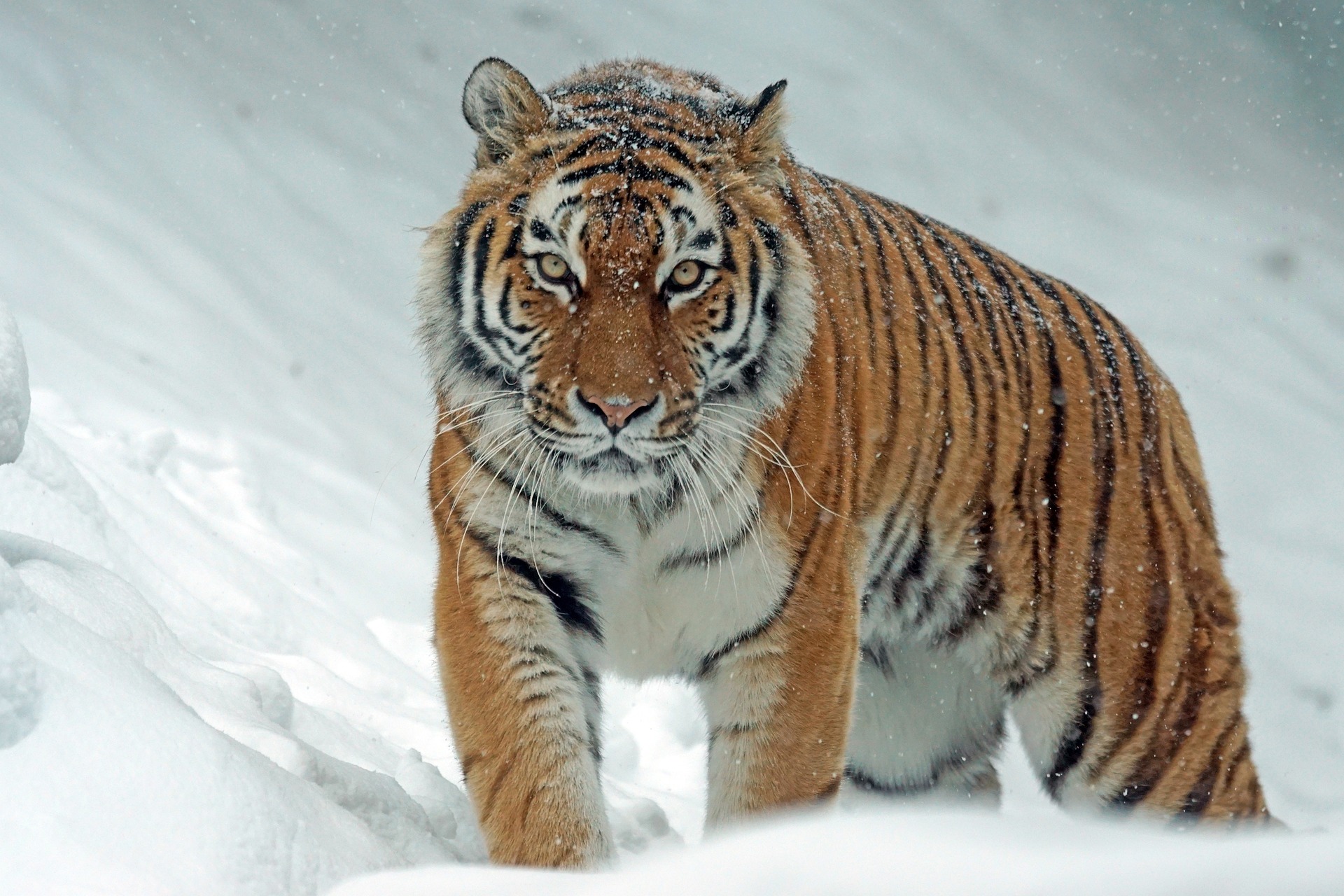News release
From:
The ‘i’ of the tiger - Majestic tigers: Personality structure in the great Amur cat
Summary: Do tigers have personality? Yes! We explored personality in two samples of Amur or Siberian tigers. This hasn’t been done before in a semi wild setting. We found that two dimensions, which we call Majesty and Steadiness, capture a pattern that distinguishes among these tigers’ personalities. Discovering new facts about the individuality of animals can promote their welfare; it also teaches us about their basic biology. Amur tigers are rare so this project which assessed 248 tigers is useful for science and for conservation.
The ‘i’ of the tiger – Do tigers have personalities? In the first investigation in a semi-wild setting, staff at two Chinese wildlife sanctuaries completed personality questionnaires for roughly 250 tigers. The researchers identified two groupings of traits, ‘Majesty’ (e.g. majestic, energetic, competitive) and ‘Steadiness’ (e.g. sincere, loving, flexible), that could account for 38% of behaviour difference in the assessed tigers. Tigers scoring higher in Majesty were assessed as healthier, higher status and ate and mated more.



 International
International



